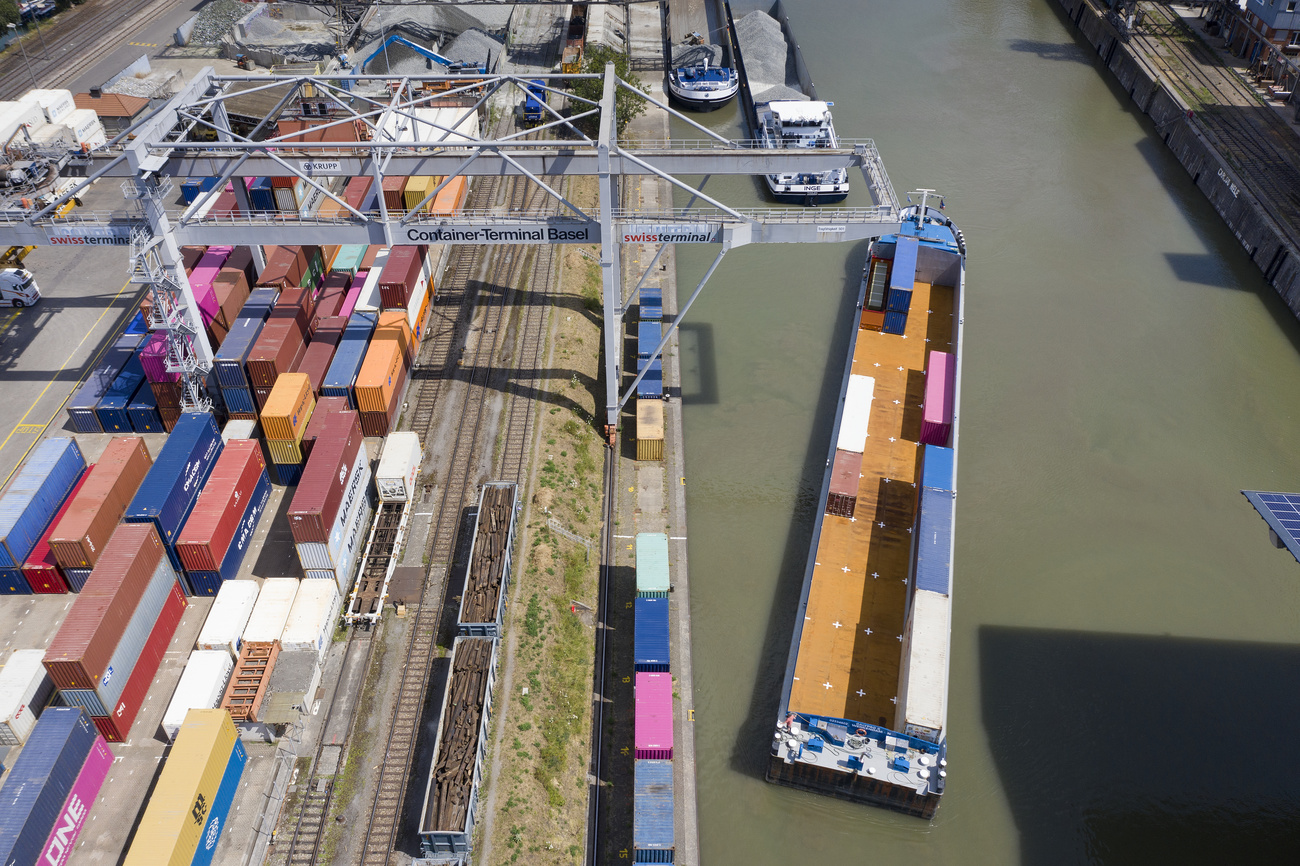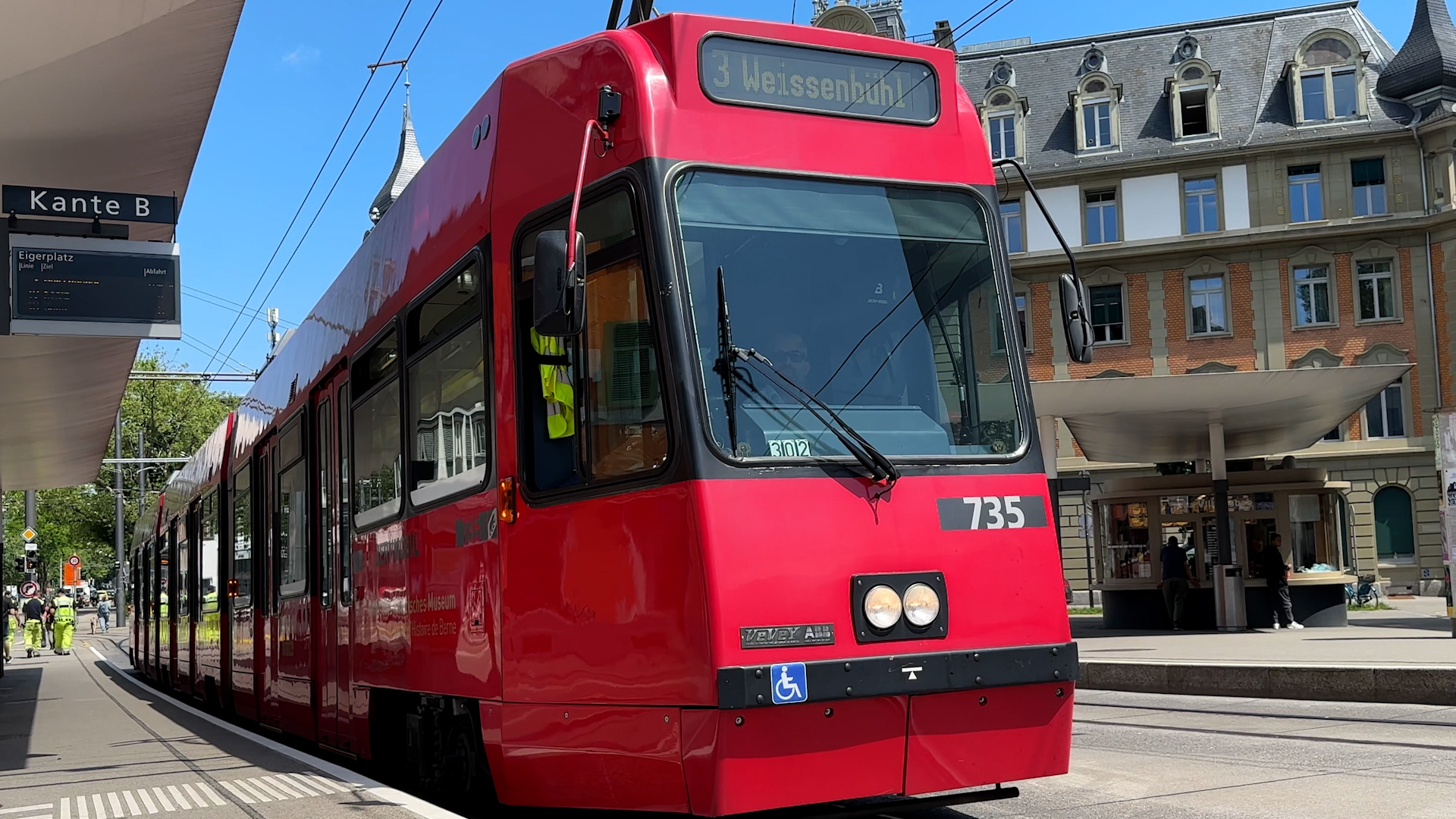Youth crime on the rise

An increase in youth crime in Switzerland has sparked calls for a radical rethink about how the problem is tackled.
According to the latest federal figures, 11,000 convictions were handed out to teenagers and children in 2000. Almost half were for drug use, while a third were for theft.
In canton Fribourg, where the authorities say the situation is no different from other parts of the country, youths between the ages of seven and 18 committed nearly half of all crimes in 2001 – up from a third the year before.
“There is no denying there has been an increase in youth crime,” Laurent Eggertswyler, head of the cantonal police’s youth brigade, told swissinfo. “Though much of it stems from arguments degenerating into fistfights.”
Violence in its various guises accounts for just 11 per cent of youth crime in Switzerland, yet many people feel threatened by the behaviour of some youngsters.
Violent language
Eggertswyler says this is especially true among the elderly, but he argues that this has always been the case. “What has perhaps changed the most is the language, which can be extremely violent. Even young girls use words that most people wouldn’t expect to hear from them.”
Other specialists confirm this impression. Philippe Cotting, director of the Release youth centre in Fribourg, believes teenage violence has been blown out of proportion.
“The real problem is a lack of communication between generations, and people tend to be afraid of what they don’t understand,” he says. “There is a lot of work still needed to bring the generations together.”
For Viviane Chatêl, a sociologist at Fribourg University, the sense of unease felt by teenagers and adults alike stems from the changes taking place in society.
Changing society
“There is no respect between the generations because people have become more selfish,” she says. “People also want to show they are unhappy because they often have no social standing, or no job.”
Philippe Cotting supports this theory. He says many youngsters feel excluded by the system, from jobs, from school, and this insecurity can sometimes spark off violent behaviour.
However, among the teenagers themselves there is little concern for their own personal safety. “I can walk around Fribourg at night without feeling threatened,” stresses Arnaud, a local high school student.
“I have never had any problems, so Fribourg seems to be a quiet town as far as I’m concerned. If there is any violence, it’s probably just a few people causing trouble.”
According to the federal statistics office, Switzerland’s youth crime rate is low when compared with other western European countries – as it is for offences involving adults.
More crimes reported
The office’s Renate Storz blames the increase in convictions on the fact that more and more crimes are being reported – something the Swiss did not do in the past.
Police also pour cold water on the idea that the streets have become a playground for juvenile delinquents. They say they rarely have to deal with repeat offenders and blame incidents on “just a few characters who insist on having a reputation”.
“Usually a teenager has one brush with the law, and after that we don’t see them anymore,” reveals Eggertswyler.
However, a growing concern for police is the amount of crime committed by foreign teenagers. In some cantons, such as Fribourg, they are often three times more likely to be involved in some kind of illegal activity.
“The reasons these youngsters get into trouble always seem to be the same,” says Eggertswyler. “They are destabilised, they have family issues and educational problems.”
Young offenders
The authorities often have a hard time getting their message through to these young offenders, especially when their parents refuse to cooperate.
Eggertswyler says that when parents are called in to talk about their children’s problems, his officers are often told they have no right to try to educate their offspring.
In canton Fribourg, as elsewhere, authorities and specialists are searching for ways of stemming youth crime despite a lack of available resources.
“We only have a small number of police officers for this task, and we can only do some educational work,” says the head of the canton’s youth brigade.
A few weeks ago, Fribourg’s seven district prefects called for a “zero tolerance” policy for juvenile crime, but observers say they failed to propose any real solutions.
“The problem with zero tolerance policies is that they leave no room for manoeuvre,” says Philippe Cotting. “They cut short any form of communication, and youngsters will only feel that they are not respected.
“I think it is just another form of repression, and it shows no desire to tackle the problems of youth crime at their source. Youngsters will respect strict rules and regulation, but only if you communicate with them.”
by Scott Capper

In compliance with the JTI standards
More: SWI swissinfo.ch certified by the Journalism Trust Initiative








You can find an overview of ongoing debates with our journalists here . Please join us!
If you want to start a conversation about a topic raised in this article or want to report factual errors, email us at english@swissinfo.ch.